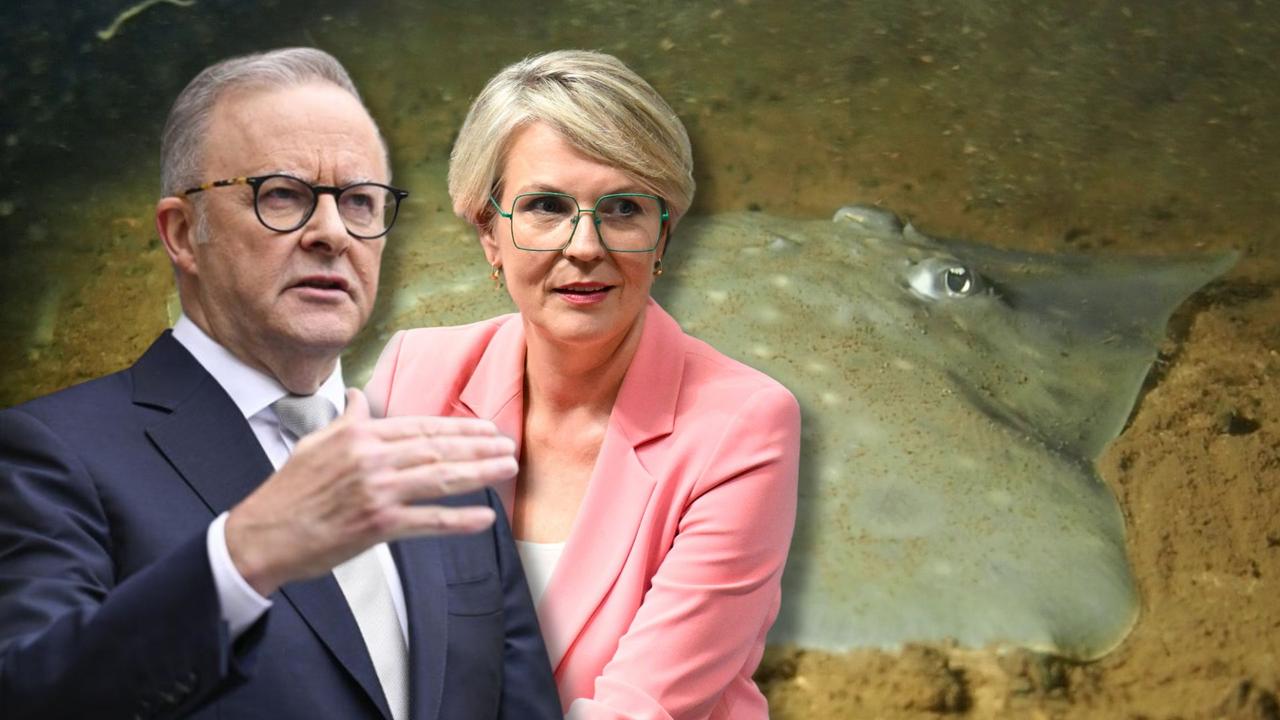Australia joins global mRNA push on vaccines
Vaccines for infectious diseases, chronic conditions including auto-immune disorders and even cancer could be available to patients within a decade.
Vaccines for infectious diseases, chronic conditions including auto-immune disorders and even cancer could be available to patients within a decade as Australia joins a worldwide push to expand the application of mRNA technology to a wide range of conditions.
The Burnet Institute in Melbourne is the latest scientific organisation to sign up to biotech Moderna’s global mRNA Access program, under which Australian vaccine research teams provide their already developed vaccine antigens to Moderna, which returns them as mRNA vaccine candidates that can then be tested in preclinical trials.
The Doherty Institute and the University of Queensland have also joined the program, which aims to tackle current and emerging pathogens that threaten global health, including infectious diseases that for years have been neglected in research funding.
Australia is set to have an operational mRNA vaccine manufacturing plant in Melbourne from 2024 after the federal government last year entered a partnership with Moderna that is slated to secure production of up to 100 million Australian-made mRNA doses for Covid-19 and other infectious diseases, including influenza, with potential for a wide expansion of vaccine applications in the future.
Monash University is working to advance new mRNA technologies to clinical trials and Adelaide biotech BioCina has received funding to conduct human clinical vaccine trials and act as a small-scale contract manufacturing plant. NSW is also planning a small-scale manufacturing plant.
Under the Burnet Institute’s partnership with Moderna, scientists from Burnet will work with the biotech to develop vaccines for malaria and hepatitis C as well as SARS-CoV-2 to pave the way for further preclinical trials and – if those are successful – human clinical trials.
Burnet scientists have been converting their already developed protein-based hepatitis C vaccine into genetic sequences that Moderna will then convert into mRNA vaccines and lipid nanoparticles that can then be used in studies on animals.
More than 200,000 Australians are estimated to live with chronic hepatitis C. The World Health Organisation estimates that 58 million people have the disease worldwide, with 1.5 million new infections occurring every year. The disease is spread via infected blood.
Burnet Vaccine Initiative lead investigator Heidi Drummer said the process of advancing a vaccine into human clinical trials would be accelerated as a result of the Moderna partnership.
“The advantage the partnership gives us is that the vaccine we test from Moderna in our preclinical studies will be exactly the same as the vaccine we test in the clinical studies,” Professor Drummer said. “That cuts out a really big part of the pathway for vaccine development. Being able to use the same vaccines in the preclinical studies and clinical studies lets us accelerate the process.
“I would love to see a hepatitis C vaccine in humans within five years. And I think Covid-19 has shown us that it is possible to do that. And I think we’ve got more hope of doing that with an mRNA vaccine than we have with a protein vaccine.”
Meanwhile, scientists at RMIT university also plan to engage mRNA vaccines in their quest to create a universal vaccine to prevent cancer as well as a specific vaccine to treat ovarian cancer.
Immunologist Magdalena Plebanski from RMIT University is leading the cancer vaccine development push.




To join the conversation, please log in. Don't have an account? Register
Join the conversation, you are commenting as Logout